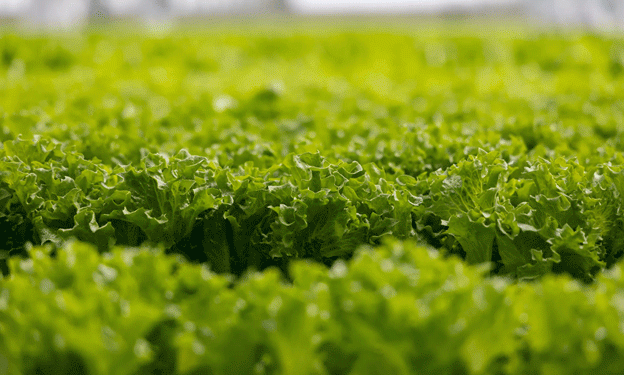In a world facing increasing pressure on food systems, Myfood, a French company specializing in aquaponic greenhouses, is making waves with its innovative approach to sustainable agriculture. The company has just launched a crowdfunding campaign on Crowdcube, aiming to raise between €750,000 and €1 million. This capital will be used to expand the production and distribution of its greenhouse systems, which combine vegetable farming and fish cultivation in a closed-loop system.
Founded by Matthieu Urban and Mickaël Gandecki, Myfood’s mission is to enable households to grow their own food using minimal space and resources. The company’s greenhouses utilize aquaponics, a system where plants and fish coexist symbiotically. The fish provide nutrients for the plants through their waste, which is converted by bacteria into essential nutrients for the crops. In return, the plants filter the water, which is recirculated back to the fish tanks. This self-sustaining cycle significantly reduces the need for chemical fertilizers, pesticides, and excessive water use, making it an attractive solution for eco-conscious consumers.
The current fundraising campaign marks a significant step for Myfood as it plans to quadruple its activity by 2030. The funds will be used to further develop its product line, enhance its production capabilities, and expand its reach to new markets. The company has already seen strong demand for its greenhouses, particularly from individuals seeking more sustainable ways to grow their own food. With increasing awareness of food security and sustainability, Myfood’s technology aligns with the growing trend toward local, self-sufficient agriculture.
Why Aquaponics?
Aquaponics, a blend of aquaculture (raising fish) and hydroponics (growing plants without soil), is widely considered one of the most efficient farming systems available today. The system offers multiple benefits for both consumers and the environment:
- Resource Efficiency: Myfood’s greenhouses use up to 90% less water compared to traditional soil-based farming. The closed-loop system allows water to be reused, drastically reducing the need for freshwater resources.
- Sustainable Fertilization: Instead of relying on synthetic fertilizers, aquaponic systems derive their nutrients from fish waste, providing a natural and organic source of fertilizer for plants. This also reduces the risk of water pollution from chemical runoff.
- Local Food Production: Myfood’s model encourages individuals and communities to grow their own food close to home, reducing transportation emissions and ensuring fresher produce. With food miles minimized, this system contributes to lowering the carbon footprint of food production.
- Food Security: As climate change, soil degradation, and water scarcity challenge traditional farming, decentralized systems like aquaponics offer a reliable alternative. They can be set up in urban and rural environments alike, making fresh food accessible to a wider population.
Expansion and Future Goals
Since its founding, Myfood has installed hundreds of greenhouses across Europe, allowing families and small communities to produce their own fruits, vegetables, and fish. With this crowdfunding initiative, the company plans to expand even further. According to Urban, the goal is to make this innovative technology available to a broader audience, both in Europe and beyond. The company also aims to collaborate with schools, local governments, and community organizations to promote educational and environmental programs centered around aquaponics.
By 2030, Myfood hopes to quadruple its sales, driven by the growing demand for sustainable, home-grown food solutions. Urban and Gandecki believe that the adoption of aquaponic systems can be a game changer in combating food insecurity while also addressing environmental challenges.
Myfood’s aquaponic greenhouses offer a glimpse into the future of agriculture—one that is sustainable, efficient, and capable of being implemented on both small and large scales. As the world continues to grapple with environmental and food security issues, Myfood’s technology provides a promising solution for individuals and communities seeking greater control over their food production. With the success of its crowdfunding campaign, Myfood is poised to significantly scale its operations and expand the reach of its innovative farming systems, making sustainable food production accessible to more people than ever before.












